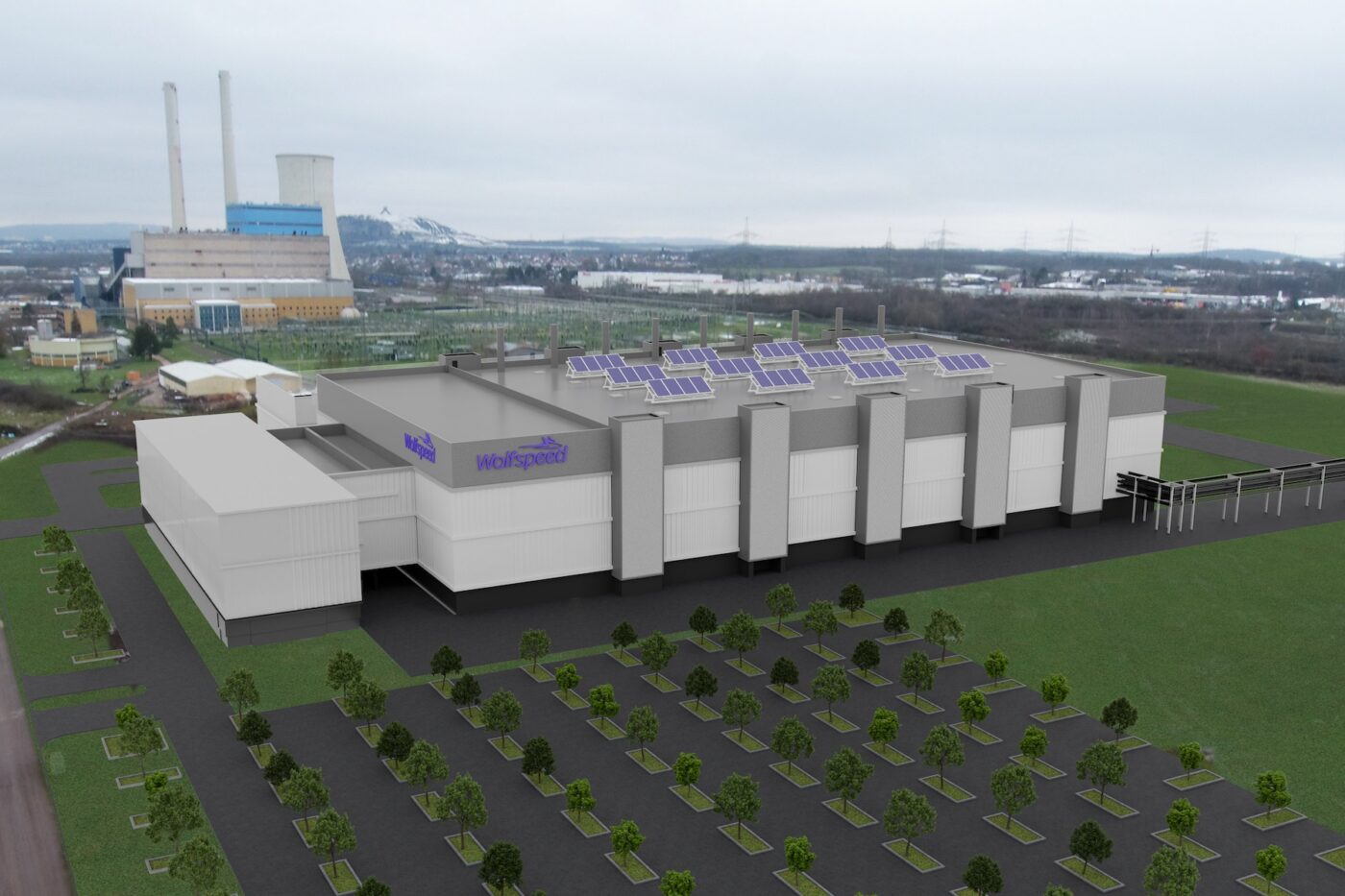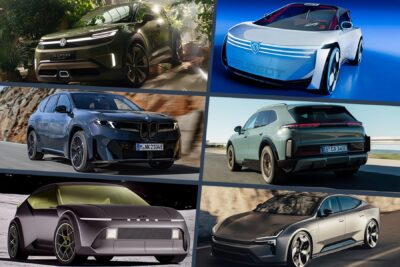ZF likely cancelling plans for semiconductor factory in Saarland
At the beginning of 2023, the two companies presented their project, in which a highly automated 200 mm wafer plant for silicon carbide (SiC) semiconductors was to be built on the site of the former coal-fired power plant in Ensdorf in Saarland. 600 jobs were to be created and the plant was due to be completed in 2027.
However, the 2.75 billion euro project is now apparently on the brink of cancellation. At least that is what the German Handelsblatt newspaper claims to have learnt from government and industry circles. ZF was only supposed to hold a minority stake in the planned factory – but the withdrawal would still be so serious that the entire project could be cancelled. According to the newspaper, this is also due to the fact that Wolfspeed is in the red and, to make matters worse, is also struggling with technical problems at its US-American plants. In addition, the company is currently focussing on the construction of two factories in the USA and has already delayed the start of construction in Saarland.
If the semiconductor factory is not built after all, this would be a further setback for Germany’s ambitions to build a major chip production facility in the country. The US company Intel recently postponed its plans to build a chip factory in Magdeburg by an estimated two years.
Semiconductors are also particularly important for the automotive industry – and they are even more important for electric cars than combustion engines. This is because a battery-electric car has twice as many semiconductors as a car with a combustion engine. Specifically, the management consultancy P3 speaks of 1,300 to 600 units per car. And these are mainly located in the drivetrain (600 to 300). One concentration is in the inverter, which is often also called the inverter.
Semiconductors made of silicon carbide also enable car manufacturers to either use smaller batteries in electric cars or offer a longer range. Charging times are also shorter. ZF was keen to invest in the new semiconductor factory primarily because of its importance to the automotive industry. A research and development centre was also to be set up on-site to focus on innovations for silicon carbide systems and devices to meet specific requirements in all mobility segments. The centre would not only focus on passenger cars, but also on commercial, agricultural and industrial vehicles.
According to the Handelsblatt, it comes as no surprise to industry observers that ZF is now backing out of the project. The Group has overstretched itself with takeovers and has to pay over half a billion euros in interest every year. Most recently, ZF revised its annual forecast downwards in September and now only expects a turnover of 40 to 42 billion euros – more than two billion euros less than before. The return is even worse: It is now only expected to be between three and four per cent, previously 4.9 to 5.4 per cent had been forecast. In the summer, it was announced that ZF would cut 11,000 to 14,000 jobs in Germany by 2028.
handelsblatt.com (in German, paywall)





0 Comments